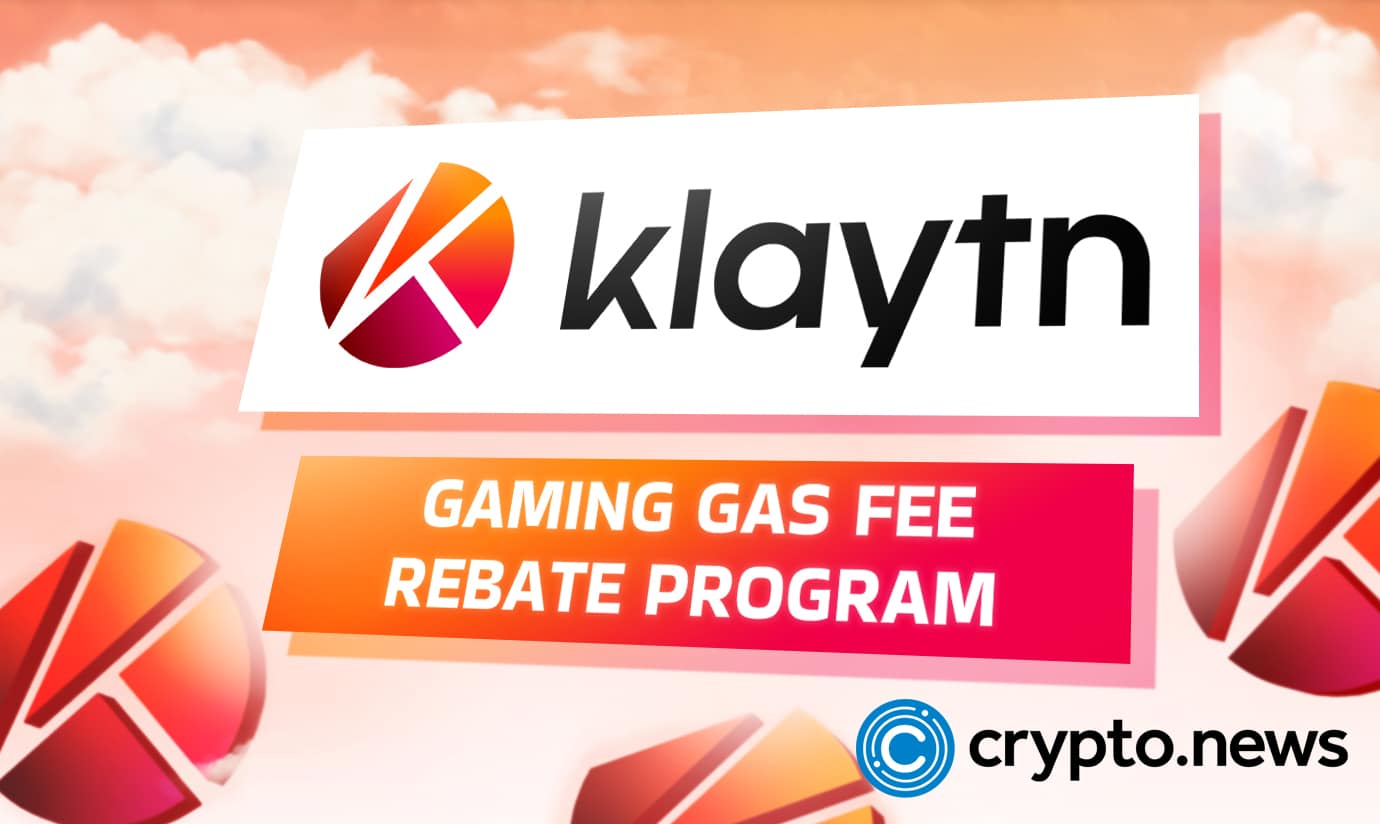2018-7-29 10:43 |
What Is Spl.yt?
Spl.yt is developing a platform that will facilitate decentralized e-commerce transactions. The service hopes to address problems inherent in existing e-commerce systems for both vendors and buyers by using an internal cryptocurrency, the Spl.yt Access Token, to automate functions that are typically controlled by a middleman.
While the system provides an interesting idea that does effectively remove the need for centralized services from e-commerce, it's unclear whether or not businesses will be drawn to the platform given its use of an internal cryptocurrency.
The Spl.yt TeamSpl.yt currently employs ten team members, half of whom are either Solidity or full-stack developers. Much of the team is relatively young, but their LinkedIn pages reveal impressive academic backgrounds, and the development staff is decently experienced.
The project has gained a modest following on social media, with about 1,500 followers apiece on Facebook and Twitter, and nearly 7,500 group members on Telegram. It has also been the subject of numerous articles on blockchain-related websites, with most expressing interest in its novel approach to e-commerce.
How Spl.yt Blockchain E-commerce Decentralized Exchange WorksSpl.yt's product is an app that will allow retailers hoping to sell goods online to list their goods and services on a decentralized blockchain database, and then allow online storefronts to access and sell these products.
For vendors, the service offers the benefit of widespread visibility and distribution, and for online storefronts, the platform will simplify the process of finding goods to sell. Users will also appreciate that the platform includes a global reputation system that records vendors' ratings across all the storefronts that offer their products, so good or bad behavior is recognized across the entire platform. Since the system relies on smart contracts, flexible arrangements can be executed more easily than in traditional transactions, such as customers purchasing fractions of certain items.
Spl.yt envisions itself as a “decentralized Amazon” that will offer a massive variety of goods and services, without the intervention of any third party. While the project's litepaper states that an advisory board called the Spl.yt Core Foundation will be organized to manage the platform's direction, they will work closely with users to chart the course of the system.
The platform is being developed by a nonprofit group that is clearly passionate about decentralization and blockchain technology, and it's refreshing to see a group embracing this technology for the public good. In its litepaper, the developers assert that the future of the project – including its code base – will ultimately be guided of its users, and that the system is inherently resistant to censorship, even by the developers.
The Spl.yt platform is still early in its development; at time of writing (July 2018), the developers claim that the system is an “alpha minimal viable product,” and a demo with limited features is available. Neither the group's website nor its litepaper have a clear roadmap published that explain any plans for the project's future.
Spl.yt SAT Token & ICO DetailsSpl.yt Access Tokens (SATs) are required for both vendors listing items for sale through the service, and for storefronts who are accessing the database to fetch the available products. Consumers do not necessarily need the token to purchase these products (the system supports smart contracts that could be executed using other currencies), but they could speculate on the token's value as an investor, and also earn the tokens as a reward for leaving useful reviews or identifying spam and fraud.
Unfortunately, no details are available about the token's ICO, and the website and litepaper offer few details about its technical implementation, aside from making clear that the system will support flexible smart contracts using the Solidity language.
Spl.yt VerdictWhile Spl.yt's platform seems like a logical step towards decentralizing online storefronts' inventories, it's unclear whether mainstream services will adopt the system, or whether the SAT will remain stable enough to support routine transactions. Vendors and online storefronts should wait to see what the full version can offer them, and investors interested in the SAT should observe the system's popularity.
origin »Bitcoin price in Telegram @btc_price_every_hour
Decentralized Machine Learning (DML) на Currencies.ru
|
|



